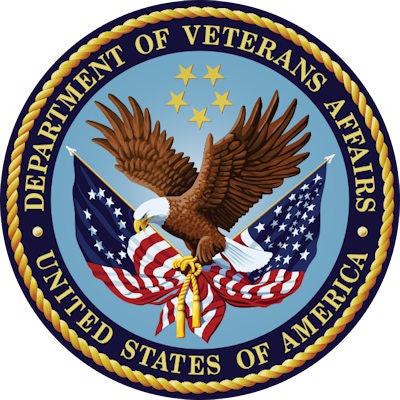
Almost a third of U.S. veterans don't get appropriate follow-up after lung cancer screening -- and Black veterans, those with mental health conditions, and those with lower income are at particular risk, according to research published July 8 in JAMA Network Open.
The findings highlight the fact that there's more work to be done to address healthcare inequities, wrote a team led by Dr. Eduardo Núñez of the Veterans Administration Boston Healthcare System.
"[Our] findings suggest that even in an integrated health care system [i.e., the Veterans Health Administration], inequities in adherence to lung cancer screening [persist]," the group wrote.
Núñez and colleagues investigated factors associated with patients' adherence to recommended testing after initial lung cancer screening via a study that included 28,294 veterans. The patients underwent screening between 2015 and 2019.
The group found that 28.8% of veterans received delayed or no follow-up testing after initial lung cancer screening. It also found the following factors increased study participants' risk of delayed or no follow-up:
- Black race (odds ratio, 1.19)
- Having a mental health condition, such as post-traumatic stress disorder (odds ratio, 1.13)
- Having a substance use disorder (odds ratio, 1.11)
- Living a greater distance from a Veterans Affairs facility (odds ratio, 1.06)
- Lower income (odds ratio, 0.88)
"Future work should focus on identifying facilities that promote high adherence and disseminating successful strategies to promote equity in lung cancer screening among marginalized populations," the researchers concluded.




















